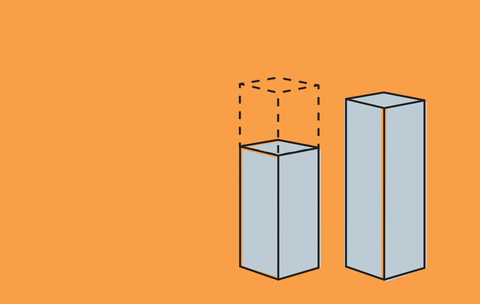Poor Theory
by
an open source manifesto1
We fully intend for these notes to be taken up and developed in multiple and different ways. Far from being ‘owned,’ we encourage different individual and collaborative projects to emerge out of poor theory’s engagement with heterogenous promptings, fragmentary thinking, and open-endedness. And with its resistances to closure, totalization, and restriction.
Poor theory is less a theory than a way of proceeding.
Poor theory seeks to make the most of limited resources.
Poor theory proposes to work around intransigent problems when clear solutions are not discernible and the means at disposal are limited.
The ‘poor’ in poor theory suggests discomfort not with theory as with its indiscriminate and undiscriminating use. Poor theory endorses neither bad or sloppy theorizing nor the all too easy condemnation of the ‘poverty of theory.’
Poor theory proceeds not through the modernist ‘tabula rasa,’ by wiping the slate clean and starting afresh. Rather, it disposes through appropriations and improvisations.
Poor theory works through descriptions but those that do not leave what is described unchanged. These are more de-scriptions, de-scribings, than ‘thick descriptions.’
Poor theory’s modus operandi overlaps with ‘bricolage’ and ‘detournement,’ but with a difference. In the era of information and electronic technologies, bricolage necessarily becomes—arbitrage.
Economic arbitrage exploits price differentials in stocks and other instruments for profit. Cultural arbitrage deploys imbalances and unevenness in global culture for its own ends.
Poor theory strategically circulates and dissipates difference against totalizing closures and homogenizing handcuffs. It promotes merit in what is generally considered meretricious. It turns compost into compositions.
Poor theory is to be distinguished from a range of positions it seems to resemble: Gianni Vattimo’s ‘weak thought’;2 Hassan Fathy’s ‘architecture for the poor’;3 Jerzy Grotowski’s ‘poor theater’;4 or Germano Celant et al.’s ‘arte povera.’5
Poor theory draws on any and all resources at hand. It is not concerned with nothing or with everything, but with the ‘not-quite,’ with ‘dis-appointment.’
Poor theory is theory shaped by being confronted always by objects and situations ‘riddled with error’ (Benjamin), that necessarily outpace theory. Poor theory thus puts the stress neither on knowledge nor on ignorance, but on finding a relationship to what we do not know.
Poor theory thus takes seriously the possibility that fascination can be turned into a critical method.
Notes
- This manifesto, initiated by Ackbar Abbas and elaborated with David Theo Goldberg, was then expanded in a somewhat different direction than the one here by colleagues at UC Irvine’s Critical Theory Institute.
- ‘Weak thought’ is concerned with arguing for a kind of philosophical anti-foundationalism.
- ‘Architecture for the poor’ advocates using building materials and methods to maximize housing for the poor and disadvantaged. Poor theory, while concerned to elaborate from local knowledge, cannot afford to be nostalgic nor to have merely local application.
- ‘Poor theatre’ attempted to strip theater of its spectacular elements, to reduce it to the relation between actor and audience. Poor theatre was a protest against theatre’s over-abundance of resources. The ascetic was its aesthetic.
- Arte Povera indeed tried to turn compost into compositions but by moving from ‘Zero to Infinity’ (Arte Povera exhibition, Tate Modern, London, 2001), from nothing to everything.



